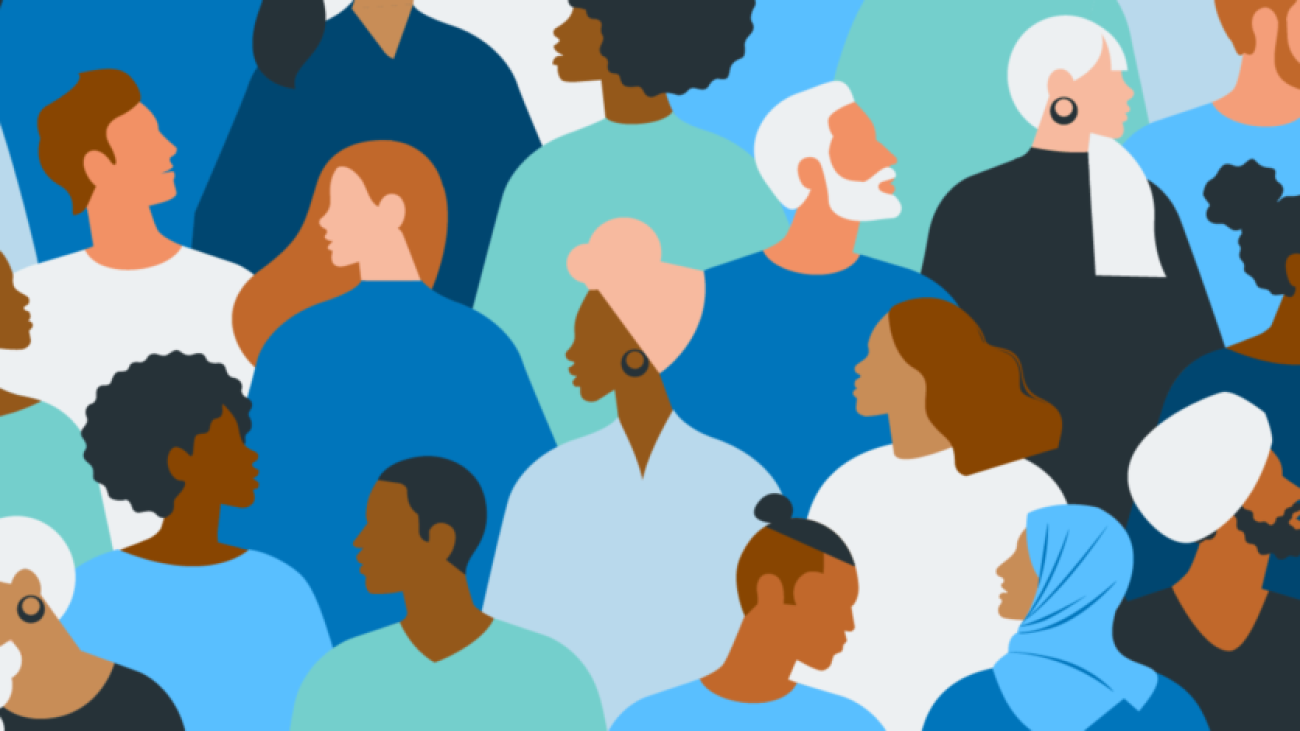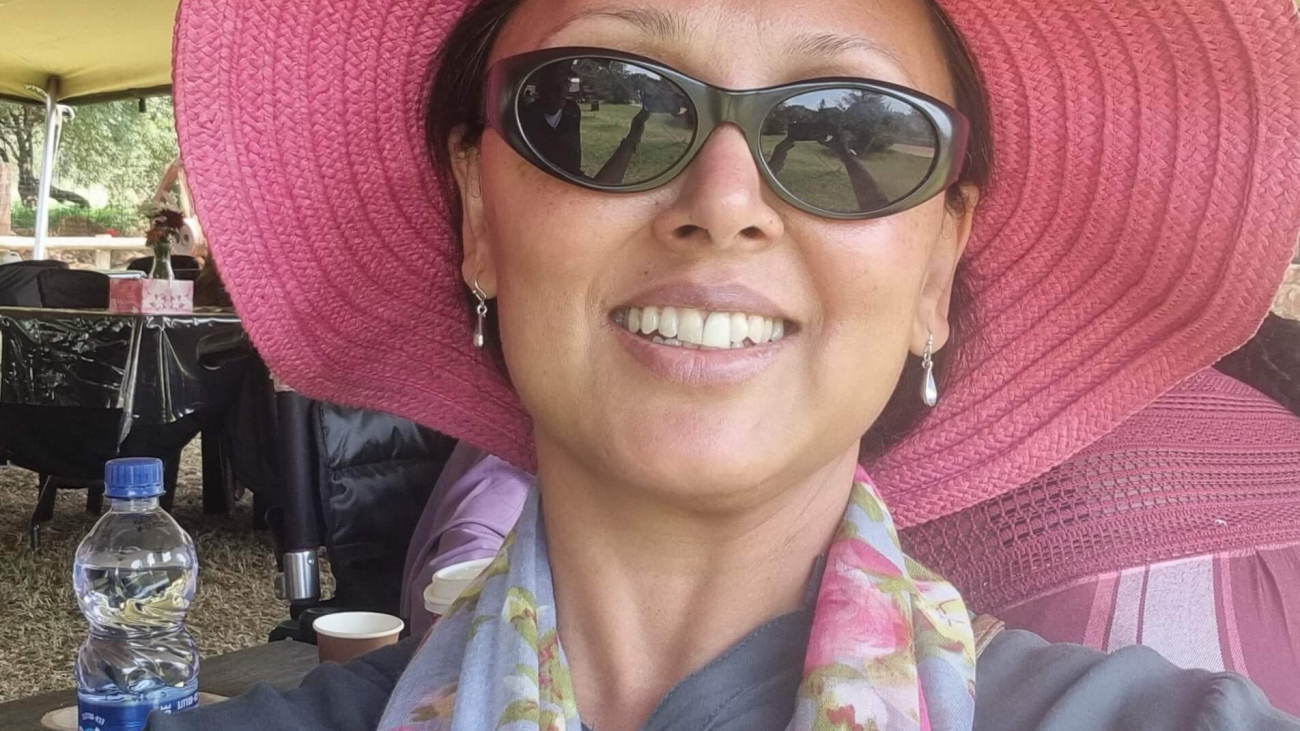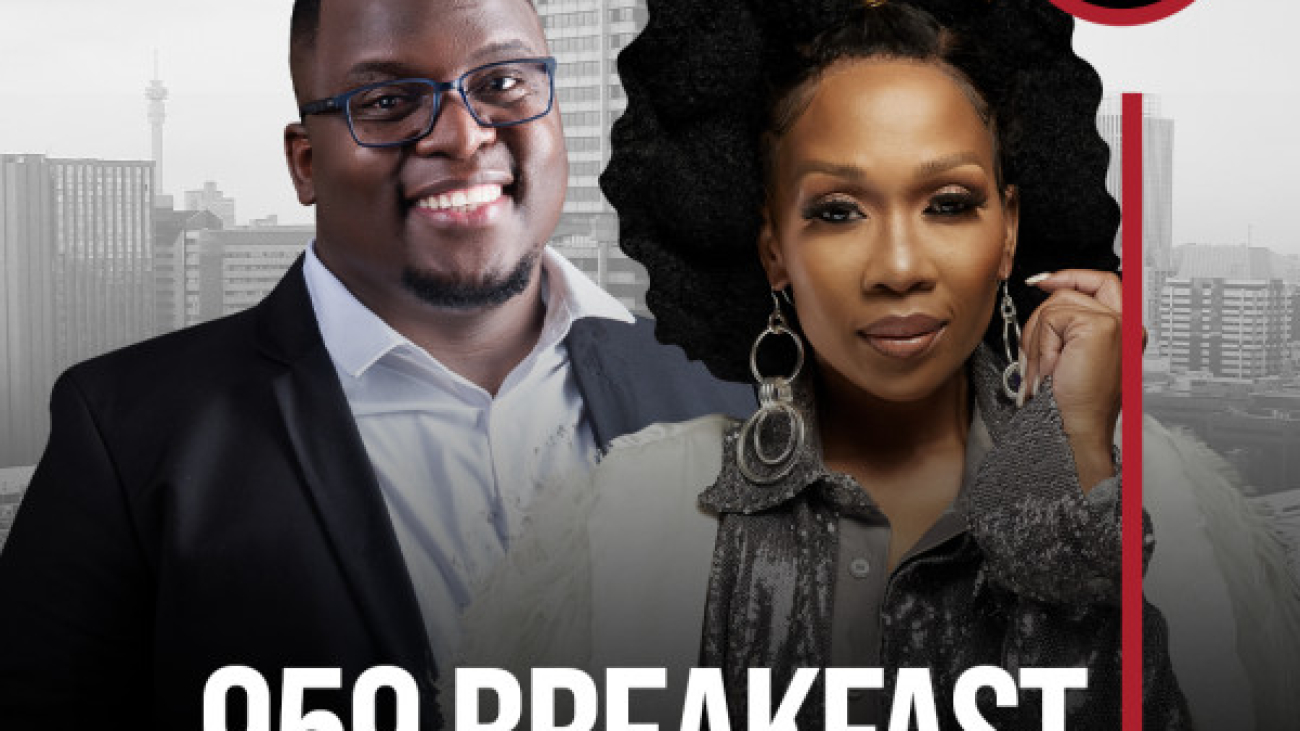Unconscious biases become ingrained over time, but through guidance, awareness, and motivation, we can re-write our programming and beliefs toward personal, professional and organisational betterment. The aim of this two-day workshop is to achieve well-developed relations based on respect for differences, awareness of our conditioning and tools and insights to eliminate oppressive (often unconscious) practices.
Making the business case for diversity and inclusion in the workplace
Nurturing diversity, equity and inclusion in the workplace is not only an ethical prerequisite, but a key driver of growth and success in every modern organisation. The business case for diversity and inclusion is clear: organisations that welcome a wide range of people from different backgrounds, cultures and circumstances, and that are accepting of people of different age groups, orientations and life choices, are on the right track for success.
Diversity and inclusion: it’s time to walk the talk
South Africans are no strangers to the topic in general, but diversity and inclusion remains a challenging task to address in the workplace. Talking about our difference from an ethnic, age, background or cultural perspective can cause tension, which is why we tend to shy away from important conversations.
At all levels of an organisation, being able to have these difficult conversations in a respectful, sensitive and open-minded manner is crucial. Not only does it allow for people to understand and empathise with one another, but embracing new and different people within an organisation supports the development of a more more cohesive, collaborative and engaged culture.
It does away with outdates modes of working and thinking, and makes room for fresh, diverse perspectives that, at the end of the day, put businesses in a better position to be able to solve modern-day challenges, remain relevant, and perform at their peak.
We’ve discussed the topic of Diversity and Inclusion at length over on the Awakening Excellence blog, where we include invaluable commentary from Devashnie Singh, Chief People Officer: South Africa at Grey Advertising Ltd/UK, as well as Marcel Kobilski, Divisional Director Human Resources at the City Lodge Hotel Group.
I encourage you to engage with this topic in depth, and not simply as a tick-box exercise; for individuals and businesses operating in a country as historically steeped in racial and gender-related tension as South Africa, it’s vital that we start to do the work in our personal and professional capacities to move forward in positive ways, and embrace one another’s differences.
As ever, I look forward to hearing your take.
Warmest regards,
Dr Mariam Sha,
MD at Awakening Excellence
Resolutions vs goals – why understanding the difference helps you achieve success
We’ve all been there – at the start of every new year, you peg your hopes for an improved life on a fresh new set of resolutions and promise yourself and everyone around that “this will be the year” you follow through.
You can resolve to make these changes, but achieving these things requires us to set SMART goals. Find out what this means and how you can implement these in your life in 2023 and beyond for success.
A note from the MD, Dr Mariam Sha

Looking back on the year that was, I’m sure many of you would agree that 2022 was physically emotionally and mentally tiring. Finding our feet in the aftermath of Covid-19 – overcoming grief and loss, financial challenges, connecting with family and friends again, and finding our focus in our careers – 2022 was an attempt to getting back to what was. But we were trying to do this without having fully processed what we had gone through, leaving us exhausted by the time December arrived.
In fact, many people in my circle used the words ‘burnout’, ‘mentally drained’, and ‘exhausted’ to describe how 2022 made them feel, and I must admit that my own sentiments weren’t too far off.
It had been many years since I had taken time off work, (because I really enjoy the work I do – I see it more as living my passion and purpose than a job), but last November I had decided to take a break before year-end, needing to re-group, rest and rejuvenate.
I decided to set off to India. The clichéd Eat, Pray, Love experience was exactly what this trip offered. In Kāraikkudi Chettinad, I enjoyed the most delicious food served on banana leaves. I paid my respects in Ajmer, the religious home of Sufi saint Khwaja Mohiuddin Chishti RA. I was a guest in Odisha, Cuttack, Karaikudi, Thanjavur, Puducherry, all so unique and steeped in natural beauty.
My visits to India always leave me feeling hopeful and inspired, not least because the people who call it home, being so happy despite having little of worldly luxuries, remind me to live in gratitude and humility.
It also motivates me to keep doing the work that I love, as do platforms of recognition like the Woman of Stature Awards, which has awarded me a nomination alongside some incredible female leaders in its Women in Coaching and Mentoring awards category.
It was in light of this nomination and in the afterglow of my travels that I was moved to contemplate 2023. For me, this will be the year to be grateful for the memorable moments and meaningful lessons of the past few years. This is the time to re-group within ourselves in mind and body, to re-group as a community and country to support each other, and to encourage one another to be kind to ourselves and fellow human beings.
Moreover, I am hopeful for the year 2023. It’s time to take action, to be present and take responsibility in making this year one to remember. It’s time to move away from being passive passengers on this journey, relying on inefficiencies, tolerating or blaming. Now is the time to take ownership and believe that each positive act has a ripple effect in changing our world for the better.
I wish you a year of success, healing, and strength, and if you’d like to touch base with me for support on making 2023 count for you as on a personal or professional level, I encourage you to reach out to me – my inbox, mariam@awakeningexcellence.co.za, is always open.
Best wishes,
Dr Mariam Sha
Managing millennials: key facts to keep in mind

There has been much debate, frustration and many challenges surrounding cross-generational managing in the workplace, especially when it comes to millennials. Millennials have typically been seen as a ‘special breed’ of employees that require a different approach to manage. Labelling and compartmentalising them further adds to the mystery that we have created.
“Any new generation, when viewed by the previous generations, are seen through the perspective of being different,” says Dr Mariam Sha, founder and director of Awakening Excellence. “The truth of the matter is that those previous generations play a major role in contributing to many of the behaviour patterns of the new generation. We raised them through our value system. Each generation is also influenced by the broader environment of the time – media, social norms, new technology and new perspectives that guide their own needs and how to achieve them.”
Millennials at work: what does research really say?
You don’t have to search too far and wide through the internet to find claims being made about millennials, who they are and what makes them tick.
Some claims are negative: they’re lacking in work ethic (Marston, 2009) or overly self-confident and self-absorbed (Pew Research Center, 2007). Some commentators go further, labelling millennials the ‘Look at Me’ generation.
Other claims are positive: they are more accepting of diversity, more comfortable working in teams, better communicators and better with technology (Myers & Sadaghiani 2010).
As organisations look to improve the employee experience to drive wellbeing and productivity, these types of claims will likely influence the process, particularly as the concentration of millennials in the workplace rises.
Job-hopping is likely a marker of age rather than generation
Millennial loyalty is often called out and they are said to be more likely to job hop between positions at different organisations. There is some truth in the idea that millennials are likely to move between jobs.
However, it’s not unique to the millennial generation. In fact, figures on job tenure are the same for people in their 20s now as they were in the 1980s.
In other words, it seems a tendency to move jobs in your 20s reflects age-appropriate behaviour, rather than being linked to the generation you were born in. Job-hopping is most likely a strategic move by younger people designed to advance their careers and earn more money.
Working culture and hours are determined by life stage
Working hours typically correlate with seniority (Deal, 2007). So when people say that millennials work less than previous generations, it may simply be that they are less senior and therefore their roles do not demand such long hours.
In fact, the Family and Work Institute in 2005 found no difference between the hours worked by millennials between the ages of 18 and 22 and Generation X between the same ages.
Work may be less important to millennials, but this is societally driven.
A desire for work-life balance – i.e. how central work is to your life compared with personal domains – is more likely driven by life-stage factors, such as having a young family at home, rather than generational differences, and right now the millennial generation are marrying and having young families.
Millennials are more comfortable with technology, but this is a trend, not a generational quality. People often say millennials have grown up with technology and so are more comfortable using it, and expect good technology to be present inside organisations.
Millennial health is definitely a cause for concern
Deal, Altman & Rogelberg (2010) highlight that if health behaviours do not improve, millennials will be less healthy due to obesity than other cohorts at the same age. This is bad for society as a whole, but also for productivity as the cost of health-related absence is so high.
Of course, with the dominance of the knowledge economy, the cohort following the millennials – Generation Z – will face the same problems.
That’s why it’s important we focus on wellbeing in the workplace to enable better physical and mental health, both for public health and for productivity.
Six skills that are vital for the workforce of the future

The world of work has changed considerably in a relatively short timeframe thanks to technology and innovation across industries, propelling the world and its markets ever onward and upward. Covid-19 has of course also played a crucial role in the direction that careers are taking, having changed how, where and when people work, but also dictating the skills that are required from here on out.
While most predictions typically focus on the technical skills needed for workers to thrive in the future – such as digital literacy and data analytics – research bodies, companies and HR departments are increasingly paying attention to the soft skills too.
In fact, in the Soft Skills for Business Success report, Deloitte analysts estimated that by 2030, almost two-thirds of all occupations would be based on soft skills. The automation and digitalisation of work processes has a lot to do with this, pushing employees to develop and deepen their soft skills to stay ahead of competitors and bring value to their organisations.
These are some of the top soft skills that are already growing in demand among employers.
- Problem-solving – employees with problem-solving mindsets, no matter what department or field they operate in, are an asset to organisations. These employees see a problem as an opportunity to grow and are motivated to find solutions, thereby focussing on growth and achieving positive results.
- Negotiations and reasoning – Being able to deal effectively and sensitively with conflict, as well as understanding the social, political and cultural contexts that organisations operate in, is crucial, particularly among managers.
- Critical thinking – this skill allows an individual to make logical and informed decisions without being swayed by personal opinions, emotions or inherent biases.
- Time management – Stress, anxiety and burnout are on the rise among workers, particularly as remote working has blurred the boundaries of normal working hours. Having good time management skills ensures workers are using their allotted working hours wisely and effectively.
- Resilience – Resilience is the ability to face and adapt to challenges to overcome them. A person with strong resilience skills can handle disappointments because they don’t let setbacks keep them from progressing.
- Leadership and social influence – The ability to influence is an essential skill, especially among managers and leaders. To influence is to have an impact on the behaviours, attitudes, opinions and choices of others, which is not to be confused with power or control – it’s not about manipulating others to get your way.
As a Services SETA accredited training provider, Awakening Excellence has designed and developed material incorporating positive psychology, emotional intelligence, Appreciative Inquiry, Neuroscience and Neuro Linguistic Programming (NLP) embedding a growth mind-set in the way we facilitate and train. We offer both SETA-accredited and non-accredited training; our courses range from short one-day training workshops to 12-month training programmes.
Get in touch with us at info@awakeningexcellence.co.za for more information.
#Innerview: Unconscious Bias?
We’re looking at unconscious bias in the workplace especially in the times of diversity and inclusion.
Unconscious bias, as the name suggests, is when the bias is not so obvious or oblivious to the person dishing it or even the one it is dished against or to in the work pace.
We are joined by our resident doc, Dr Mariam Sha, author and international leadership coach and organizational culture change consultant.


![Executive-Coaching[4193]](https://awakeningexcellence.co.za/wp-content/uploads/2023/03/Executive-Coaching4193-e1679648352557-1300x731.webp)




